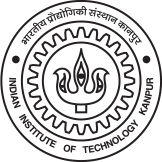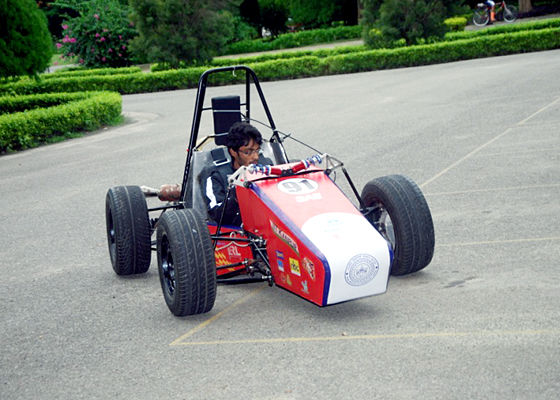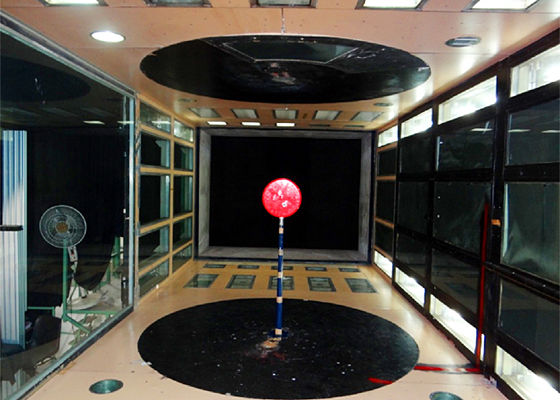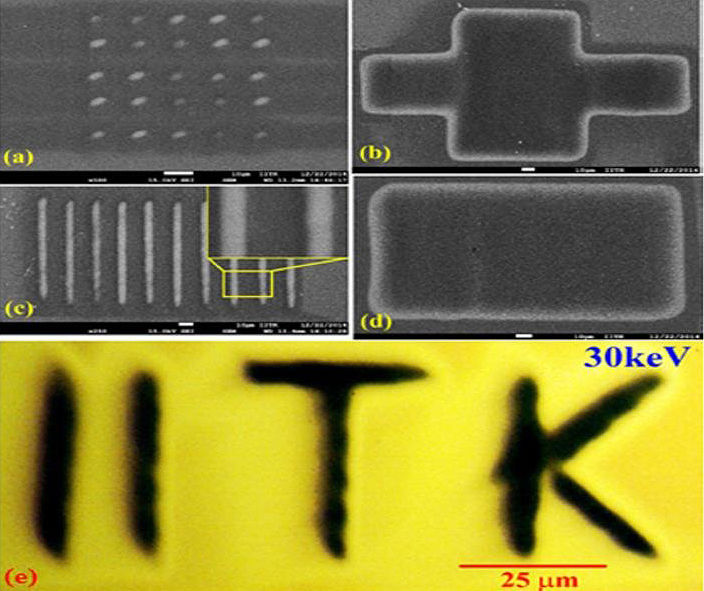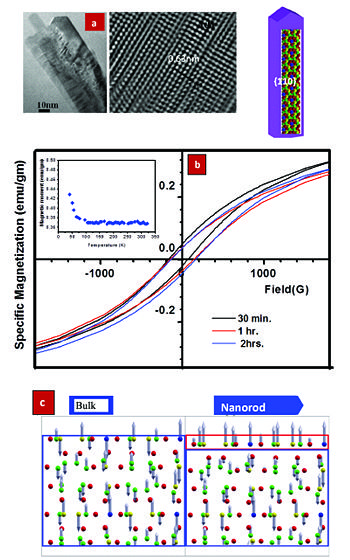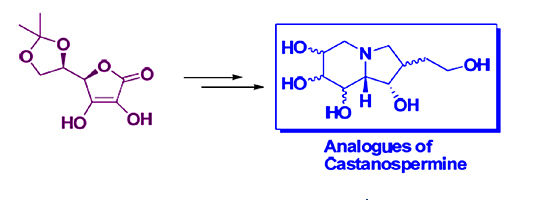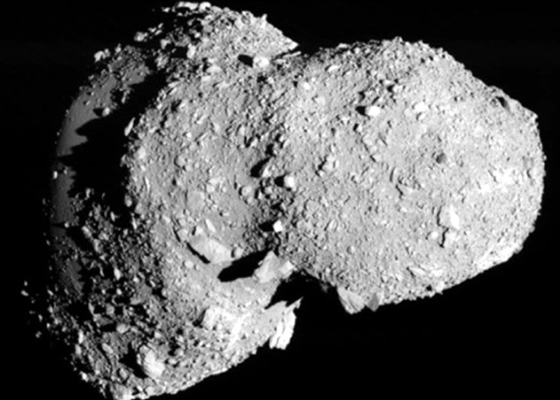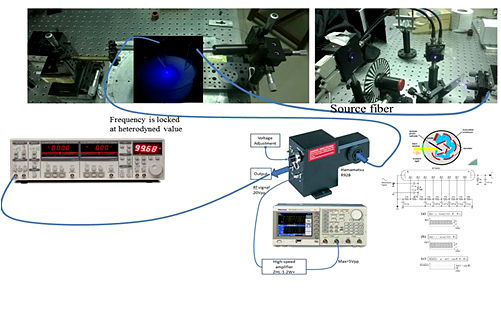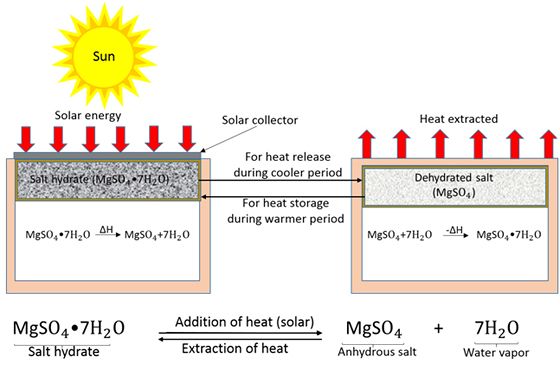
PI: Prof. Arvind Kumar
If thermal energy is available e.g. solar heat and/or industrial waste heat, but no demand at the same time, that heat cannot be used. Efficient heat storage systems overcome that weakness, because heat supply/source and heat demand/sink become disconnected in time. Available heat will charge a storage while heat demand at a later point in time will be satisfied by the heat stored. Such thermal energy storage systems can play an important role in reducing the primary energy consumption and related GHG emissions. This collaborative project aims on research, development and innovation on phase change materials (PCM) for energy storage. Using PCMs thermal energy is stored as a combination of sensible and latent heat. Latent heat absorbed or released during the phase change between solid and liquid provides a capability to store a large amount of heat.
Salt hydrate PCM based energy storage is a promising technology because of its cheap cost and availability. In spite of its several advantages and potential, these inorganic PCMs are yet to be commercialized in a significant way, primarily because of the lack of scientific understanding about the thermal performance and efficiency of these materials which is strongly governed by the phase change phenomenon. The main objective of this project is to address these issues using a combined experimental and theoretical approach. To achieve this goal, a consortium with an interdisciplinary team of researchers is formed. This team will focus on materials research, thermal performance research and application research (robust and sustainable applications) for these PCMs. Renewable heat as well as recovery of waste heat is the targeted heat source for advanced and innovative thermal energy storage (TES) systems based on innovative phase change materials (salt hydrate PCMs).



